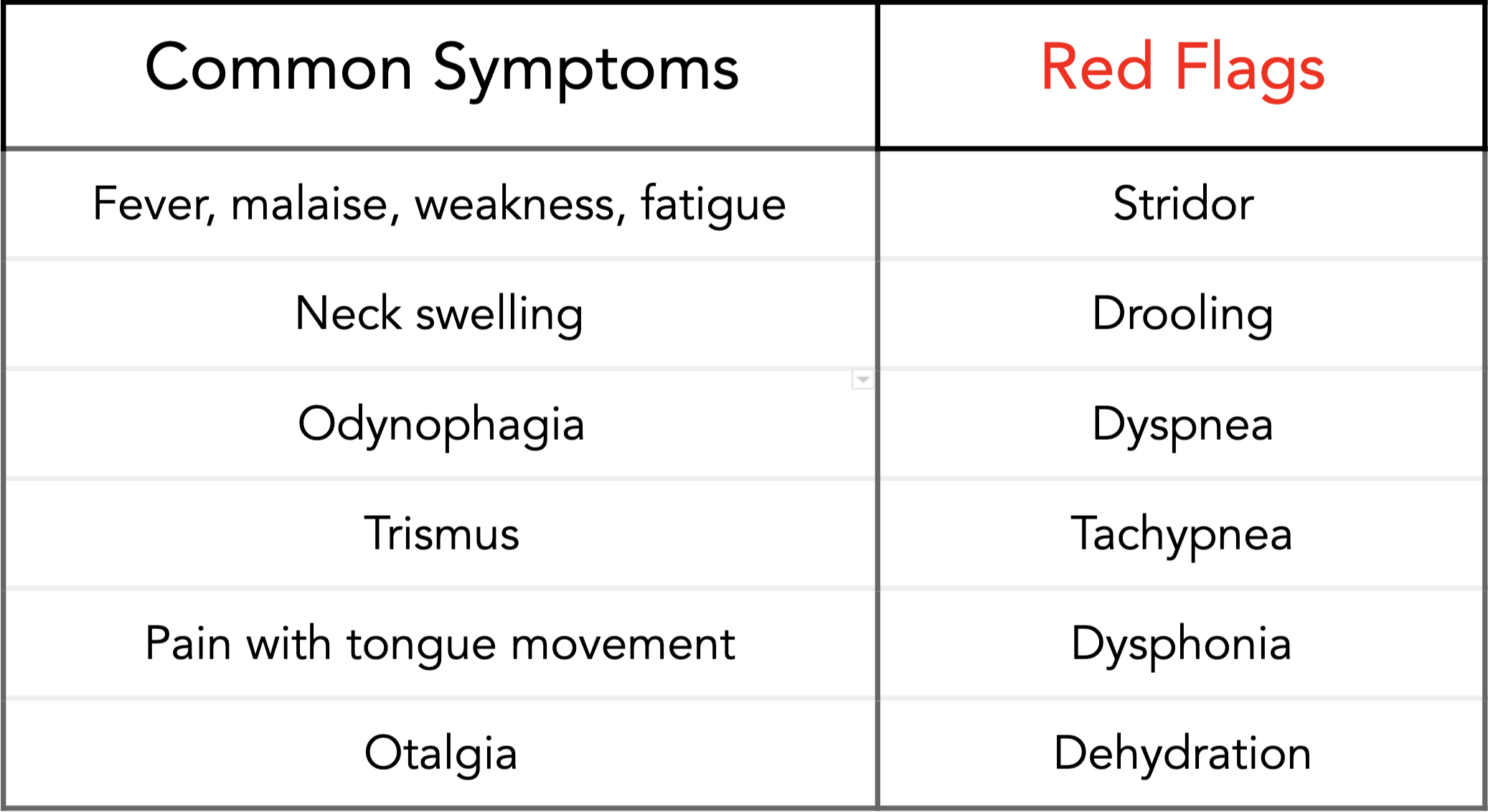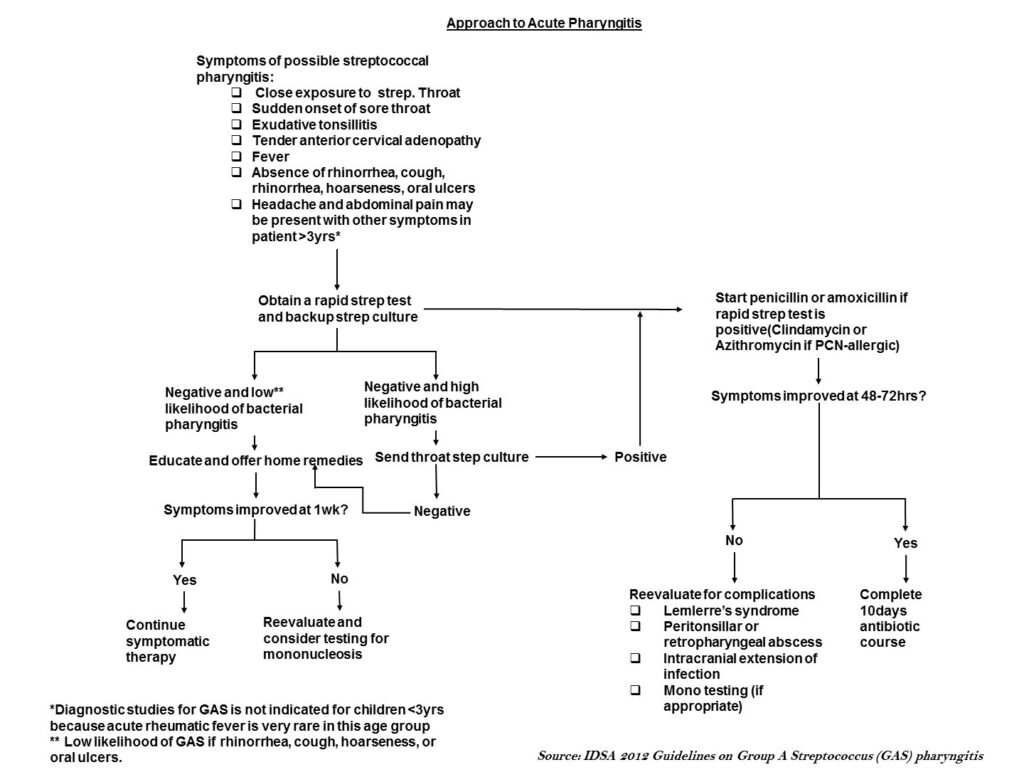A sore throat, also known as pharyngitis, is a common condition that affects people of all ages. It can range from mild discomfort to severe pain and may interfere with daily activities such as eating, speaking, or swallowing. While most cases are caused by viral infections, other factors like bacteria, environmental irritants, and allergies can also contribute to this condition. In this article, we will explore the causes, symptoms, and treatments for sore throat in detail.

What Is a Sore Throat?
A sore throat refers to pain, irritation, or scratchiness in the throat, often worsened by swallowing. The throat becomes inflamed, leading to discomfort and sometimes difficulty in performing basic functions like eating or talking. This inflammation typically occurs in the pharynx, which is the part of the throat located behind the mouth and nasal cavity.
Common Types of Sore Throats
- Viral Pharyngitis: Caused by viruses, this is the most common type of sore throat.
- Bacterial Pharyngitis: Often caused by bacteria, such as group A streptococcus, which leads to strep throat.
- Allergic Pharyngitis: Triggered by allergens like pollen, dust, or pet dander.
- Irritant-Induced Pharyngitis: Resulting from exposure to environmental factors like smoke, pollution, or dry air.
Causes of Sore Throat
The causes of a sore throat can be broadly categorized into infectious and non-infectious factors. Understanding the underlying cause is crucial for determining the appropriate treatment.
Infectious Causes
Viral Infections
Viral infections are responsible for the majority of sore throat cases. Common viruses include:
- The common cold virus
- Influenza virus
- Adenovirus
- Epstein-Barr virus, which causes mononucleosis
- Herpes simplex virus
These viruses typically spread through respiratory droplets when an infected person coughs or sneezes. They may also spread via direct contact with contaminated surfaces.
Bacterial Infections
Bacterial infections, although less common than viral ones, can cause more severe sore throat symptoms. The most notable bacterial cause is group A streptococcus, which leads to strep throat. Other bacteria that may cause throat infections include:
- Gonorrhea
- Diphtheria
- Chlamydia
Bacterial infections often require specific antibiotic treatment to resolve completely.
Non-Infectious Causes
Allergies
Allergic reactions to substances like pollen, mold, pet dander, or dust mites can lead to postnasal drip. This excess mucus can irritate the throat and cause soreness. Allergies may also trigger inflammation in the throat lining, worsening the discomfort.
Environmental Factors
Exposure to certain environmental irritants can lead to a sore throat. These include:
- Cigarette smoke
- Air pollution
- Dry air, especially during winter months
- Chemical fumes
People who live in urban areas or work in environments with poor air quality are particularly susceptible to this type of sore throat.
Gastroesophageal Reflux Disease
Gastroesophageal reflux disease, commonly referred to as acid reflux, occurs when stomach acid flows back into the esophagus. This acid can irritate the throat and cause a burning sensation, leading to a sore throat, especially in the morning.
Injury or Strain
Physical strain on the throat, such as excessive shouting, singing, or talking, can result in a sore throat. Additionally, injuries caused by foreign objects or medical procedures like intubation can irritate the throat lining.
Symptoms of Sore Throat
The symptoms of a sore throat can vary depending on the underlying cause. Some common signs and symptoms include:
- Pain or discomfort in the throat, especially when swallowing
- Scratchy or raw feeling in the throat
- Hoarseness or loss of voice
- Swollen lymph nodes in the neck
- Fever and chills
- Coughing
- Runny or stuffy nose
- Headache
- Fatigue
Symptoms Specific to Viral Infections
Viral sore throats often come with additional symptoms such as:
- Sneezing
- Watery eyes
- Mild body aches
Symptoms Specific to Bacterial Infections
Bacterial sore throats, particularly strep throat, may present with more severe symptoms, including:
- High fever
- White patches or pus on the tonsils
- Red and swollen tonsils
- Nausea or vomiting
Treatments for Sore Throat
Treatment for a sore throat depends on its cause. While many cases resolve on their own with home remedies, others may require medical intervention.
Home Remedies
For mild sore throats, especially those caused by viral infections, home remedies can provide relief. Some effective options include:
- Gargling with warm salt water to reduce swelling and soothe irritation
- Drinking plenty of fluids to stay hydrated
- Using a humidifier to add moisture to the air
- Sucking on throat lozenges or hard candies to stimulate saliva production
- Resting the voice to avoid further strain
Over-the-Counter Medications
Over-the-counter medications can help alleviate pain and reduce inflammation. Common options include:
- Pain relievers like acetaminophen or ibuprofen
- Sprays or lozenges containing numbing agents
- Antihistamines or decongestants for allergy-related sore throats
Prescription Medications
If a bacterial infection is the cause of the sore throat, a healthcare provider may prescribe antibiotics. It is important to complete the full course of antibiotics to prevent the infection from returning or developing resistance. For severe viral infections, antiviral medications may be prescribed in certain cases.
Lifestyle Changes
Making certain lifestyle changes can help prevent and manage sore throats:
- Avoid smoking and exposure to secondhand smoke
- Wash hands frequently to reduce the risk of infection
- Avoid sharing utensils or personal items with infected individuals
- Manage acid reflux through dietary changes and medication if necessary
When to See a Doctor
While most sore throats resolve on their own, certain symptoms warrant medical attention. These include:
- Persistent sore throat lasting more than a week
- Severe pain that interferes with daily activities
- Difficulty breathing or swallowing
- High fever accompanied by rash
- Swollen lymph nodes that do not subside
Prevention of Sore Throat
Preventing a sore throat involves adopting healthy habits and minimizing exposure to potential triggers. Some preventive measures include:
- Practicing good hygiene, such as regular handwashing
- Avoiding close contact with individuals who are sick
- Keeping the immune system strong through a balanced diet, regular exercise, and adequate sleep
- Using a mask in crowded or polluted areas
Vaccinations
Staying up-to-date with vaccinations can help prevent certain infections that cause sore throats. For example, the flu vaccine reduces the risk of influenza, while the pneumococcal vaccine protects against bacterial infections that may affect the throat.





